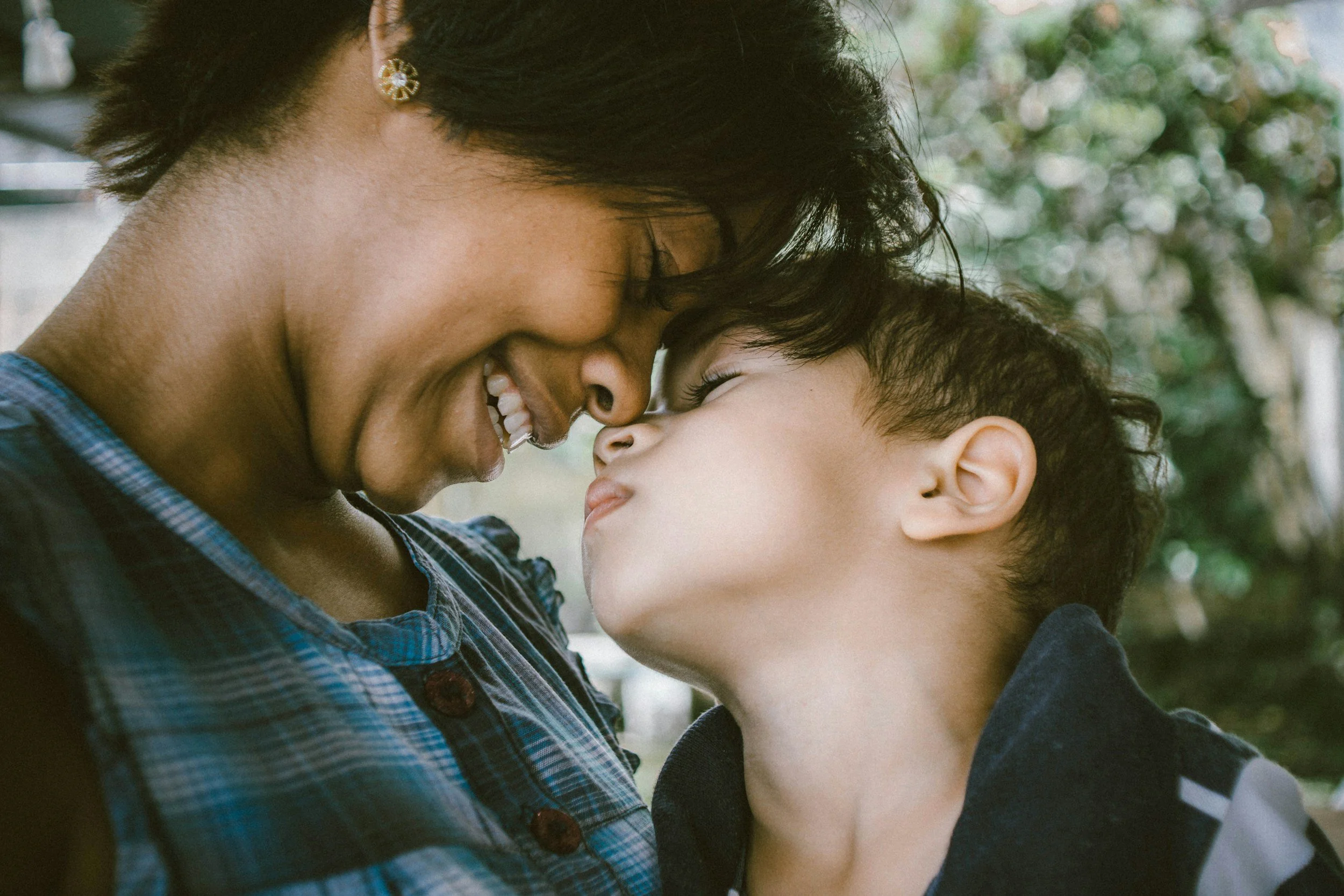Child therapy in SAN FRANCISCO + BENICIA
THERAPY FOR CHILDREN
Every child deserves a safe space where they can be seen, heard, and supported. Therapy for children creates that space using play, creativity, and conversation to help kids express what’s on their minds and in their hearts.
Whether your child is navigating big feelings, changes at home or school, or simply needs extra support, therapy can help them build confidence, manage emotions, and develop healthy relationships.
Therapy gives children the tools to:
Understand and manage big feelings like anger, worry, or sadness
Build confidence and resilience in themselves and their abilities
Improve communication skills to express needs and feelings clearly
Strengthen relationships at home, school, and with peers
Navigate life changes such as divorce, loss, or transitions
OUR APPROACH
Children often don’t have the words to describe what they’re experiencing, so we meet them where they are at, using modalities such as play, art, storytelling, and movement to create connection. Our therapists are warm, patient, and trained in child-centered methods that honor each child’s unique personality, culture, and strengths.
COMMON AREAS OF SUPPORT
Behavioral challenges: Aggression, hyperactivity, withdrawal, or defiance
Emotional regulation: Learning healthy coping strategies to manage anger, anxiety or sadness
Anxiety & depression: Addressing fears, excessive worry, social anxiety, sadness, or loss of interest.
Family dynamics: Coping with divorce, blended families, or sibling conflict
Peer Relationships: Navigating bullying, peer pressure, or difficulties making friends.
School-Related Issues: Managing academic stress, learning challenges, perfectionism, or social struggles.
Self-Esteem & Identity: Building self-confidence, fostering a positive self-image, or exploring identity.
Trauma, Grief & Loss: Processing difficult experiences or coping with the loss of a loved one, pet, or major life transition.
Our goal is to meet children where they are, honoring their unique strengths while equipping them with tools to feel more secure, resilient, and connected in their world.
PLAY THERAPY
For children, play is more than fun...it’s their language! Unlike traditional talk therapy, play therapy honors where children are developmentally and meets them at their level.
WHAT IS PLAY THERAPY?
Play therapy is a form of counseling that uses play - the natural language of children - to help them express feelings, process experiences, and build new coping skills. Just as adults use words in therapy, children use toys, stories, art, and imagination. Children don’t often have the words to explain what’s happening inside.
Through play they can:
Safely express emotions they don’t understand or can’t easily explain.
Recreate and work through difficult experiences
Practice new problem-solving and coping skills
Build confidence in handling big feelings and challenges
IS PLAY THERAPY JUST PLAYING?
Not at all! While it looks like play, every activity has a therapeutic purpose. The child meets one-on-one with a trained therapist in a specially designed playroom with carefully selected materials.
The therapist observes themes in the play, reflects feelings, and gently guides the process, tailoring each session to meet the child’s needs and treatment goals.

THE Role of parents + Caregivers
While therapy often involves individual sessions with your child or teen, we believe that therapy is most effective when parents and caregivers are actively engaged in the process. Your involvement can be essential for helping your child practice new skills, feel supported at home, and experience the full benefits of therapy.
The extent of parent participation is always tailored to your child’s age, needs, and developmental stage and may include:
Regular check-ins to share themes, progress, and strategies you can reinforce at home
Parent coaching to provide tools for navigating challenging behaviors or emotional struggles
Family sessions to strengthen communication, resolve conflicts, and foster connection
Collaborative goal-setting so everyone is working together toward growth and healing
Your therapist will always work with you to determine the level of involvement that best supports your child or teens growth and treatment goals.



